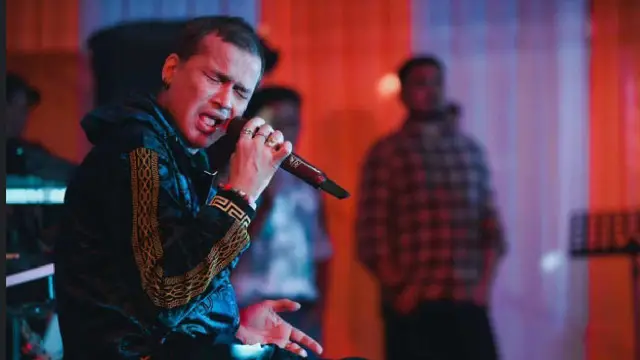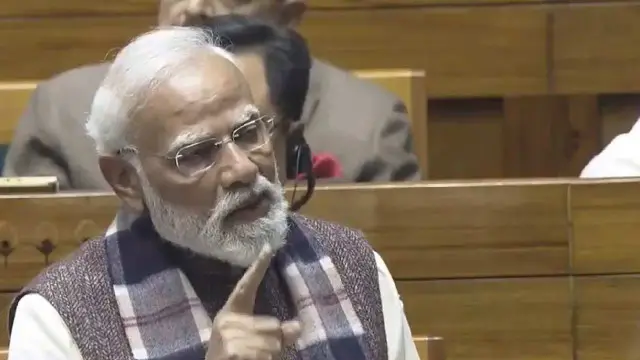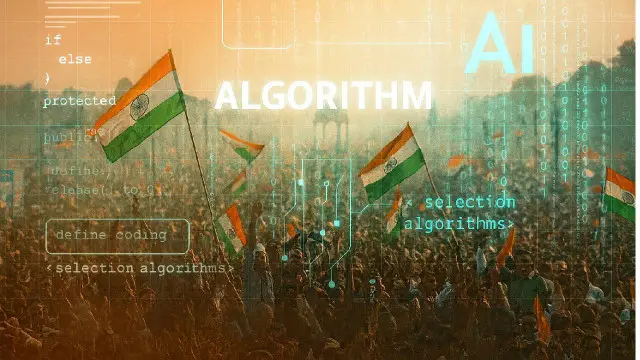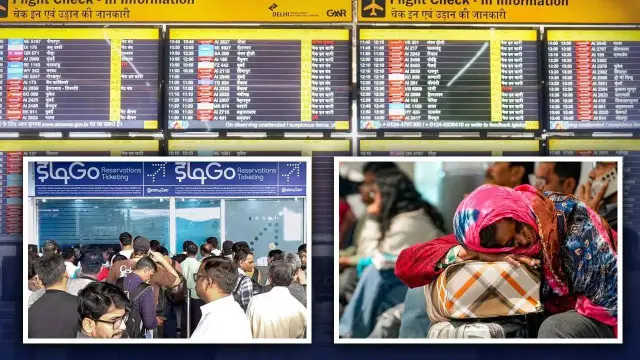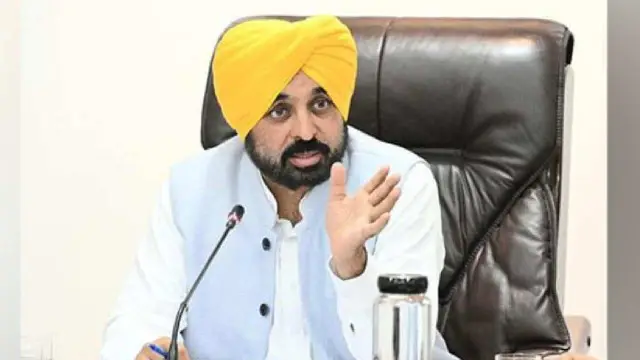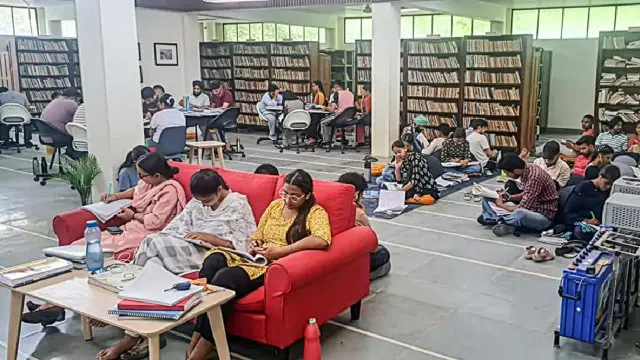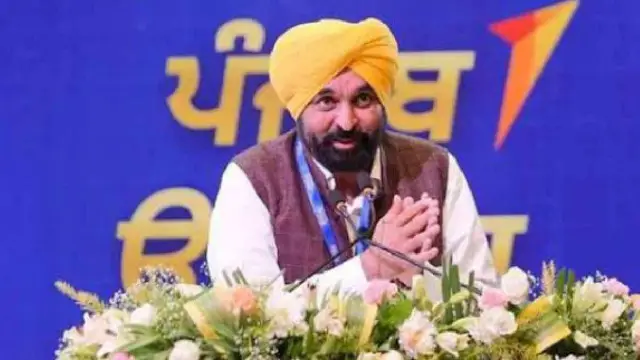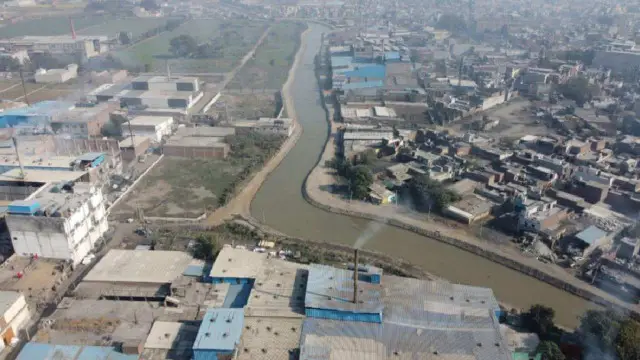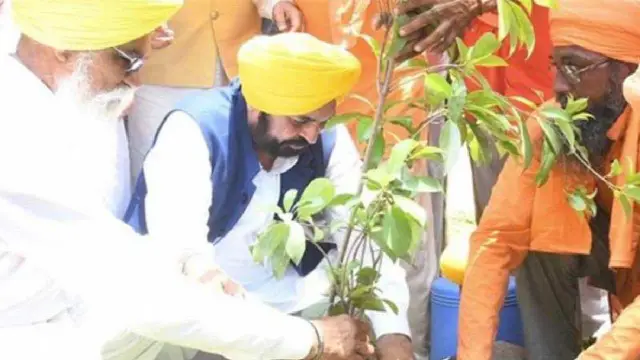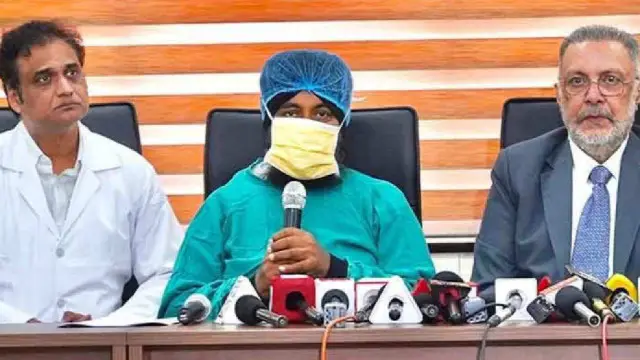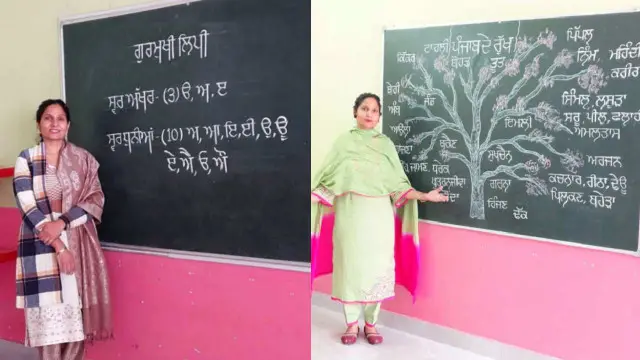Supreme Court criticizes Delhi government's firecracker ban amidst rising pollution levels
The Supreme Court has mandated both the Aam Aadmi Party (AAP) government and the Delhi Police Commissioner to submit affidavits detailing the actions taken to enforce the firecracker ban during this year's Diwali celebrations.

New Delhi: In a forceful reaction to the worsening air quality in Delhi, the Supreme Court has voiced its alarm regarding the Delhi government’s insufficient enforcement of the firecracker ban. The court stated that the ban was “hardly implemented,” resulting in a substantial increase in pollution levels throughout the national capital. Following the Diwali festivities, Delhi's air quality plummeted to hazardous levels, earning it the grim distinction of being the “world’s most polluted city” on November 1, according to a Reuters report.
Directives to Delhi Authorities for Immediate Action
The Supreme Court has mandated both the Aam Aadmi Party (AAP) government and the Delhi Police Commissioner to submit affidavits detailing the actions taken to enforce the firecracker ban during this year's Diwali celebrations. Furthermore, these affidavits must outline specific strategies to ensure full compliance with the ban in the upcoming year. The court has set a one-week deadline for the submission of these affidavits.
Alarming Air Quality Index Levels in Delhi
According to data from the Central Pollution Control Board (CPCB), Delhi's air quality index (AQI) has surged beyond the 400 mark in multiple locations, categorizing the air quality as "severe." On Monday morning, monitoring stations in areas such as Anand Vihar (433), Wazirpur (414), Jahangirpuri (413), Rohini (409), and Punjabi Bagh (404) recorded dangerously high AQI levels, posing a serious threat to residents’ respiratory health. On Sunday, the AQI reached a seasonal high of 382, a notable increase from 316 the previous day, highlighting a troubling upward trend.
Supreme Court Calls for Accountability from Neighboring States
The Supreme Court also expressed concern over a notable rise in stubble burning incidents during the Diwali period. In response, it directed the governments of Punjab and Haryana to submit affidavits detailing stubble burning cases from the last ten days of October. These affidavits should also elaborate on measures taken to manage agricultural fires, which have become a significant source of pollution in the Delhi NCR region. Additionally, the Delhi government has been asked to confirm whether any farm fires occurred within its jurisdiction during the same timeframe.
Investigation into Additional Pollution Sources
The Supreme Court bench, comprising Justice Abhay Oka and Justice Augustine George Masih, indicated that they would also examine other pollution sources, including emissions from transportation, industrial activities, and the influx of heavy trucks into the city. The bench underscored the need to address all contributing factors to effectively improve Delhi's air quality.
Next Hearing Scheduled for November 14
With a follow-up hearing scheduled for November 14, the Supreme Court aims to closely monitor the actions taken by Delhi and its neighboring states. This scrutiny forms part of an ongoing initiative to enforce pollution control measures and mitigate the deteriorating air quality in the region.




